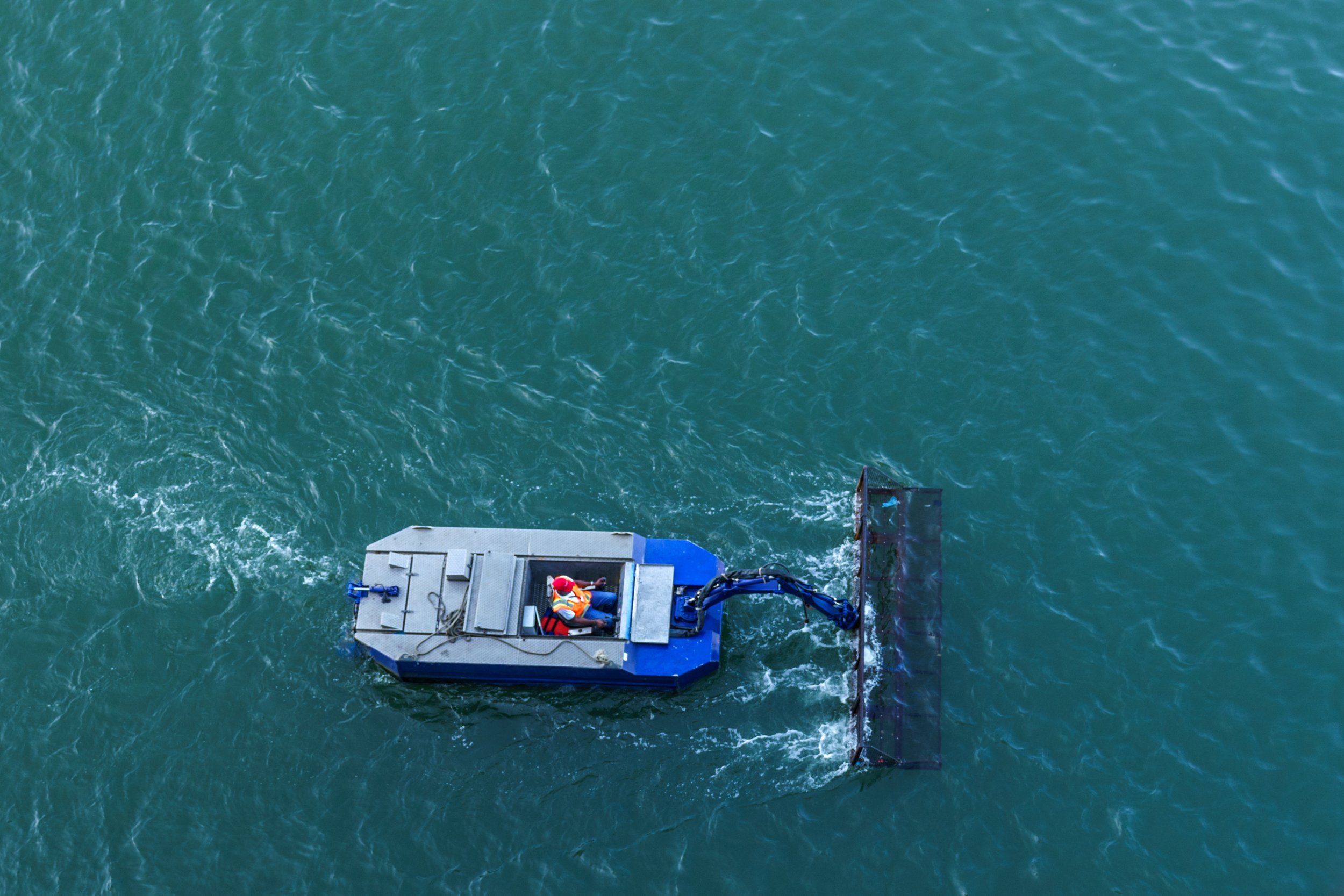To observe and raise awareness surrounding climate justice, we celebrate World Environment Day and World Oceans Day in unison.
Currently, ecosystem degradation affects 40% of the global population’s well-being, and when there are climate-related natural disasters, they hit poor communities the hardest. On top of this, 25 million tons of plastic are added to the ocean every year, cumulating to 45 million individual pieces in every square mile.
Related Content: Read 5 ways of making your supply chain more sustainable.
While these may present as separate issues, they both support the notion that with one earth, one ocean, and limited time to lead change, there is only one mission— transformative innovation on a global scale.
And with a mission such as this, we look to changemakers such as BLab, Patagonia, and Kia as they lead the charge in addressing climate justice and plastic waste.
BLab, a leader in economic systems change, certifies companies to join the “B Corp” so that they too can address societies toughest challenges through inclusive, equitable, and regenerative business practices. While there are over 5,000 B Corp companies, we call attention to Patagonia, who has been certified since 2011.
Patagonia tackles climate injustice through several efforts, one of them being through funding. Many of the organizations they support focus on “establish[ing] a livable future as a human right,” by taking on Big Oil and polluters. This includes organizations such as the Louisiana Bucket Brigade, Stand LA, Project VOYCE, and more.
Not only are practices like these good business, but they’re good for business. This study from 2019 found that 77% of American consumers are motivated to purchase from companies committed to making the world a better place.
Related Content: Check out these statistics supporting purpose-driven business models.
As for Kia, they launched a 7-year partnership with The Ocean Cleanup (TOC) to seek sustainable solutions in minimizing their plastic footprint. Kia aims to do this by supporting TOC’s work with plastic-collection devices while utilizing the extracted plastic within some of their value chain.
And similar to the last study, this one found that an average of 70% of respondents said they would buy from brands they believe reflect their own principles.
While these are big names fighting big issues, it’s important to acknowledge that most people are seeking “little anchors of hope.” Celebrate this World Environment and World Oceans Day by raising awareness surrounding climate justice and plastic waste, continuing the conversation, supporting organizations that are leading change, and fostering innovation where you or your company can.
Interested in Sustainable Practices? Learn more Here.

